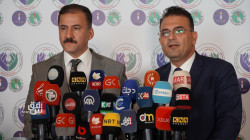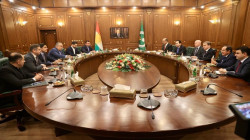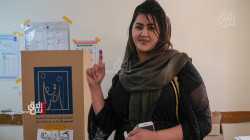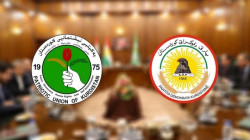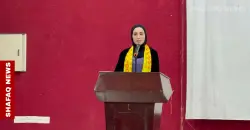PUK warns against postponement of Regional parliament elections
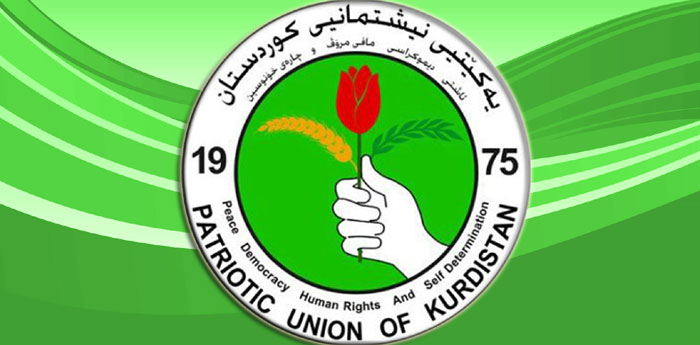
Shafaq News / In a statement issued by the Patriotic Union of Kurdistan (PUK) on Tuesday, the party expressed grave concern regarding the potential postponement of the Kurdistan Regional Parliament elections, labeling such a delay as a "significant setback for democracy."
The Political Bureau of the PUK convened today to deliberate on the ongoing preparations for the upcoming parliamentary elections slated for June 10, 2024, across all electoral constituencies.
During the session, the PUK stressed the pressing need to "promptly disburse salaries to employees, emphasizing its paramount importance for the welfare of the Kurdish people."
Furthermore, the statement emphasized that the PUK perceives elections as the "sole legitimate and appropriate mechanism for revitalizing the democratic process and reaffirming the Region's governance legitimacy."
Highlighting the consequences of potential delays, the statement cautioned that "any failure to adhere to the election timeline would inevitably cast doubts on the legitimacy of governmental institutions within the Kurdistan Region."
Participants reiterated that safeguarding the Region from external threats and internal risks hinges upon "reverting to the democratic will of the people and electing their representatives through transparent parliamentary elections. These elections should incorporate the perspectives of all political factions and parties to address lingering issues between Erbil and Baghdad comprehensively."
In related developments, the Kurdistan Democratic Party (KDP) announced its decision to boycott the upcoming parliamentary elections in the Kurdistan Region. The KDP's decision was accompanied by a warning to withdraw from the political process in Iraq should the State Administration Coalition fail to uphold previously agreed-upon arrangements.
The KDP's stance follows recent rulings by the Federal Supreme Court concerning Kurdish elections. These rulings include the annulment of quota seats, the establishment of four constituencies instead of the previous single-constituency system, and the appointment of Iraq's Independent High Electoral Commission to oversee parliamentary elections, replacing the KRG's electoral commission.
